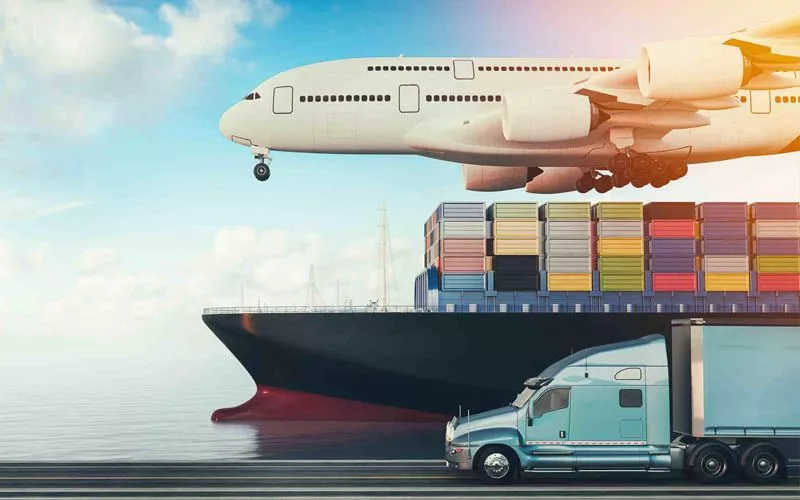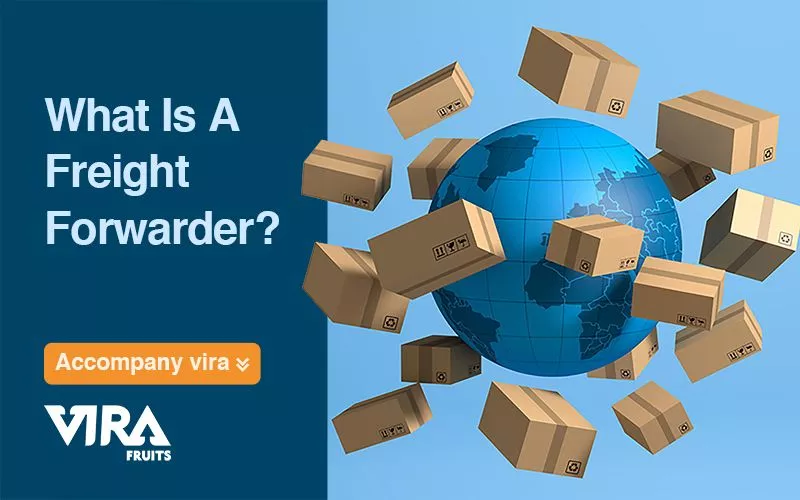A freight forwarder is a person – or a company – who arranges the transportation of goods from one location to another. In order to know how to export, you must understand what a freight forwarder is and how they can assist with international shipping and logistics transportation, as you are very likely going to need to work with one at some point. They transport your goods from one point to another.
- Forwarding companies
Forwarding companies specialize in handling the whole process for their shippers, from storing their goods to shipping them. In this role, they act as intermediaries between shippers and carriers, negotiating prices and deciding on the most economical, reliable, and fastest route for the shipment. The product delivery you expect to make it safely from your supplier to your office might seem like a straightforward process, but actually, there’s a lot going on behind the scenes. In contrast, a good forwarding agency makes the process appear seamless, efficient, and straightforward.
- Customs brokers
It’s helpful to know carriers and customs brokers in many markets. Customs brokers handle imports and exports of international shipments, including commodity codes and EORIs. They specialize in logistics, while freight forwarding services deal with logistics. Nevertheless, many of them can act as customs brokers, taking care of the end-to-end process of moving your goods, including logistics and customs requirements.

What Does a Freight Forwarder Do?
Shipping international cargo involves many aspects. Although carriers handle shipments, it’s also important to know what they don’t do. It can then be traced back to what they do for shippers and customers. If you’re looking for broker carriers, there’s one golden rule to consider. Usually, broker carriers are not the ones moving the cargo themselves. They act as intermediaries. They serve as an intermediary between shipping customers and transportation services. This applies to ocean freight, land transportation, air freight, rail services, and more.

What are the advantages of using a freight forwarder?
If you rely solely on a forwarding agent for all of your international trade needs, you will find that, like in any industry, some forwarding agents will take advantage of the fact that you are uninformed about exporting and charge you accordingly.
Only some forwarding agents are bad, there are bad apples in every industry, but the vast majority are very professional and eager to assist you. It goes without saying that forwarding agents have to make a profit, but that’s completely different from ripping you off.
Whenever possible, use the services of a customs broker, however, you should be familiar with export procedures yourself so you have a working knowledge of freight rate structures and the real cost of export documentation. When you are aware of these facts, you can work with your forwarding agent effectively and be sure that you aren’t being taken advantage of.

What are the disadvantages?
Of course, there are also some downsides to choosing a broker carrier. In general, we mention a few things about the disadvantages that a forwarding agent can have:
- You may have to pay more for your shipment if you use a freight forwarding service
- If you use a broker carrier, you will not be in control of your shipment – you will leave all the details to a third party and must trust them
- If you have the connections to arrange and negotiate your own shipment and haulage locally, you might be able to get better deals if you handle them in-house
- Your needs might not be prioritized if you use a large forwarder for a relatively small shipment
- There are not all forwarding agencies in every market – and not all markets are well regulated.
- Ensure your chosen supplier can deliver what they promise by checking their credentials

How much does it cost?
They also handle international logistics. Most clients find this to be a challenging process. By negotiating the lowest price for cargo moves, they use their existing relationships. Typically, these moves take place through a bidding or contracting process. The goal is to find a carrier that balances cost, speed, and reliability.
